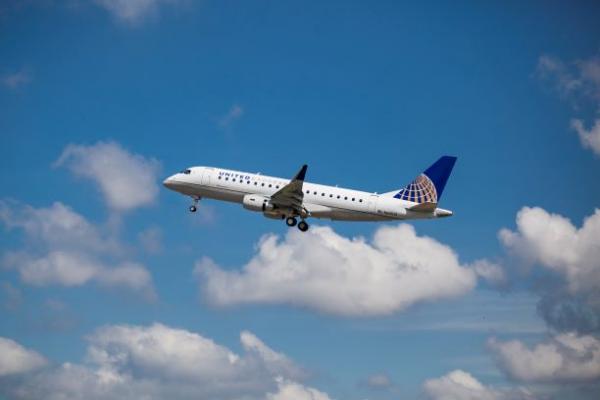ExpressJet Airlines, a carrier in which United Airlines holds a 49 percent stake, passed a regressive compensation proposal early in the negotiations process which the Teamsters says “sent a clear message to its aircraft mechanics” last week. The Teamsters Airline Division has asked the National Mediation Board (NMB), the federal agency that oversees airline labor relations, for mediation assistance.
“Bargaining requires that the union and company try to move closer together, not further apart” said Capt. David Bourne, director of the Teamsters Airline Division.
The company’s offer came during negotiations that were held on June 25 and 26 in Atlanta. At the end of the first day the Teamsters say the company presented a regressive offer that proposed less total compensation for ExpressJet mechanics than the previous offer.
“ExpressJet mechanics are paid about half of what United Airlines mechanics make even though they all pass the FAA’s difficult licensing requirements; this is because ExpressJet is considered a ‘regional’ airline in the United Airlines system,” said Bourne. “ExpressJet mechanics are not asking for the same wages as United Airlines mechanics, but they expect to be paid for their skill and experience in a market where there is increased demand and fewer licensed mechanics entering the field.”
The mechanics agreed to pay cuts in 2008 to avoid ExpressJet declaring bankruptcy. After bargaining for almost ten years with its mechanics over restoring their wages, in 2017 ExpressJet agreed in a one-year contract to bring back pay to 2008 levels. Contract talks opened again in 2019.
“Over half of our remaining mechanics are in a ‘wait and see’ posture, hoping the new ownership led by United Airlines will be a better bargaining partner than the former owner,” said Bourne. “Unfortunately the company’s first compensation offer was unrealistic and the second was even worse. It’s very disheartening to these mechanics, most of whom remain here with the expectation that the new owners will pay them what the market for mechanics demands.”
